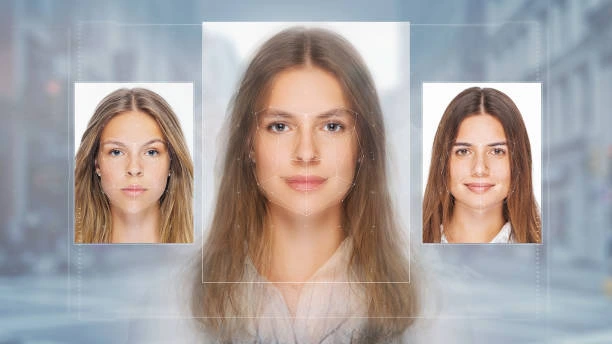How to Protect Yourself from Deepfake Scams
In today’s digital landscape, impersonation scams have become increasingly sophisticated, with scammers frequently masquerading as celebrities to defraud unsuspecting individuals. These scams often involve deepfake technology, which allows fraudsters to create highly realistic videos or audio clips that can deceive even the most vigilant observers. If you’ve noticed celebrities promoting dubious products like cryptocurrency or NFTs, you’re not alone. Many well-known figures have been drawn into these schemes. Below is a look at the top celebrity targets for 2024, along with tips on how to protect yourself from deepfake scams.

2024’s Celebrity Target List
Cybersecurity firm McAfee has compiled a list of the ten celebrities most frequently exploited in malicious deepfake scams. Leading the pack is Scarlett Johansson, known for her roles in Marvel’s “Avengers” series and films like “Lost in Translation.” Following closely is Kylie Jenner, a prominent media personality associated with her beauty products. Here’s a deeper dive into the list:
- Scarlett Johansson
Johansson has had her name and likeness misused in various advertising campaigns. Recently, her voice was imitated in an AI model by OpenAI called GPT-4o, which she had not authorized. Following legal action, the company removed the unauthorized content. - Kylie Jenner
The reality star has been a frequent victim of social media giveaway scams, where her name is attached to fraudulent products and websites pretending to sell Kylie Cosmetics. - Taylor Swift
The singer has faced numerous scams involving fake endorsements, ticket fraud, and misleading product giveaways. Additionally, her likeness has been misappropriated for political disinformation. - Anya Taylor-Joy
Following her success in “The Queen’s Gambit,” Taylor-Joy has been targeted by scammers using her image for fake promotions and misleading claims about her roles in streaming series. - Tom Hanks
The beloved actor has had his likeness used to promote various dubious health products. Hanks has publicly warned his fans about these scams through his social media accounts. - Sabrina Carpenter
Carpenter’s image has been exploited to promote fraudulent ticketing schemes and controversial apps without her consent. - Sydney Sweeney
Known for her roles in “Euphoria” and “The White Lotus,” Sweeney has been misused in scams promoting fake cryptocurrency schemes that falsely claim her endorsement. - Blake Lively
Lively has had her likeness used to promote fake weight-loss products, misleading fans about their efficacy. - Johnny Depp
The iconic actor has been a victim of scams using his image for giveaway frauds and misleading fundraising efforts. - Addison Rae
A popular TikTok star and singer, Rae’s likeness has been exploited for fake endorsements and cryptocurrency promotions.
The Rise of Deepfake Cybercrime
With advancements in generative AI, even those lacking technical skills can create convincing fake personas. This lack of regulation has made it easier for scams to proliferate, often preying on the popularity of celebrities to deceive their fans. The emergence of realistic deepfakes makes it increasingly challenging to distinguish genuine content from manipulated versions.
How to Avoid Falling for Deepfake Scams
Here are five essential tips to protect yourself from becoming a victim of deepfake scams:
- Verify Sources
Always check the credibility of the source before trusting any content. Look for official accounts or reputable news outlets to confirm information, especially regarding celebrity endorsements. - Look for Inconsistencies
Pay attention to details in videos or images. Deepfakes may contain subtle anomalies like unnatural facial movements or mismatched audio. If something seems off, trust your instincts and investigate further. - Invest in Strong Antivirus Software
Protect your devices with reliable antivirus software to defend against deepfake scams and other cyber threats. These programs often include features that detect malicious websites and alert you to potential scams before you engage with them. - Educate Yourself
Stay informed about the latest deepfake technology and common scams associated with it. Understanding how deepfakes are created can help you recognize potential scams more easily. - Use Reverse Image Search
If you encounter suspicious images or videos, utilize reverse image search tools (like Google Images) to verify if the content has been altered or used in misleading contexts.






